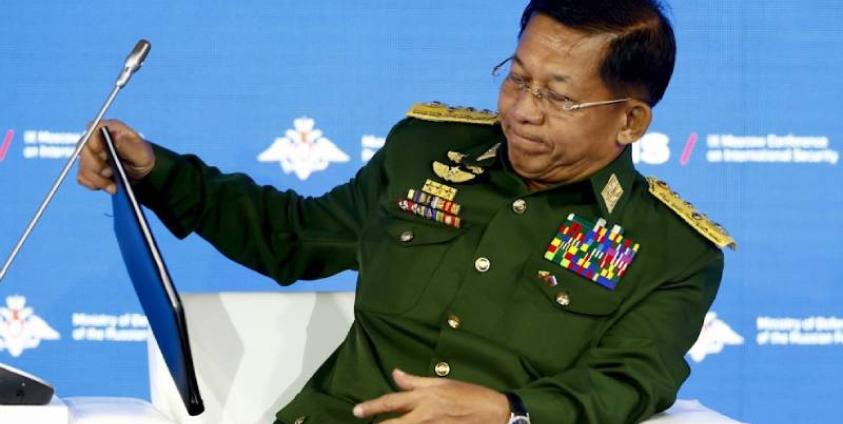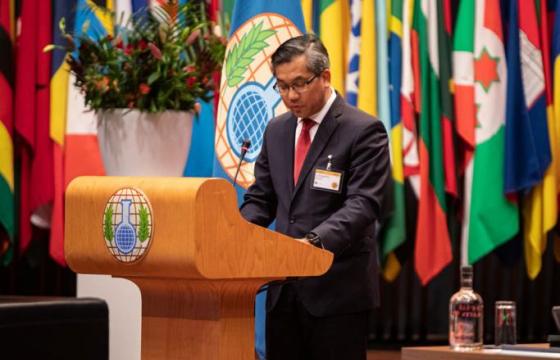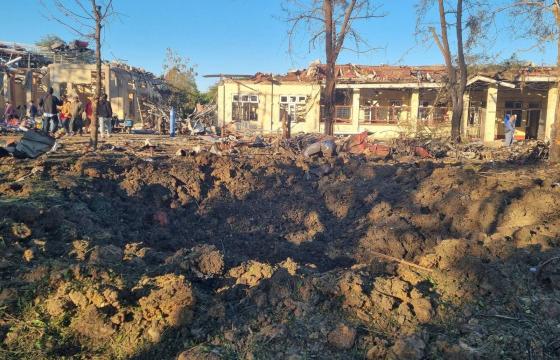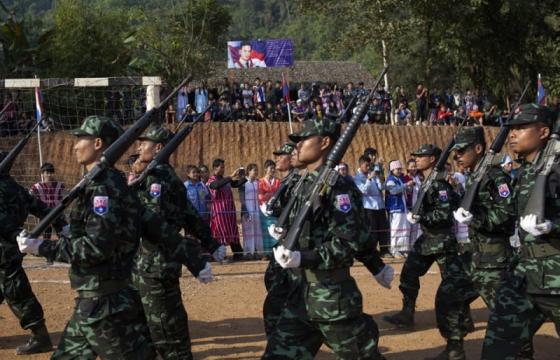Myanmar junta chief Senior General Min Aung Hlaing said at a Union Government meeting held in Naypyitaw on 3 December that the economic growth rate for Myanmar was low, and data collected by the ministries is incorrect.
The junta said surplus agricultural products were being sold to foreign countries, but the data collected differs from the actual export figures.
Min Aung Hlaing gave rice and cotton as examples, but he did not disclose detailed facts and figures.
The government should not be complacent with data and must strive for actual success and progress, he added. He warned that incorrect data used to draw up economic plans would result in incorrect plans.
Moreover, he said that they would manage the rising commodity prices in the country including for basic foodstuffs.
Speaking on the occasion, the Senior General underscored that producers and business owners are urged to sell basic commodities, meat, and fish at reasonable and fair profit margins that can help alleviate the financial burden on the public and contribute to welfare measures.
Production must be increased without fail to enable an up to two-fold increase in exports, he urged.
Data released by the Myanmar Rice Federation (MRF) shows that Myanmar exported 334,535 tonnes of rice and broken rice in November and earned US$156 million from these exports. The MRF data shows that the junta is emphasising exporting more rice and broken rice as they desperately need foreign exchange.
A record-high volume was exported in October of over 420,000 tonnes. It is the highest trade volume for rice in the last eight months.
In the first eight months of this fiscal year, Myanmar exported 1,697,165 tonnes of rice and earned US$804 million.
Farmers predict that rice production will fall this season as the country is facing a lack of farm labour, rising general costs, impacts of Typhoon Yagi, and unseasonal rain that damaged and flooded vast areas of paddy fields in the country.
The Myanmar Economic Monitor published by the World Bank in June 2024 says that economic activity has been constrained by elevated conflict, depreciating Kyats, labour shortage, increased macroeconomic volatility, and a challenging business environment.






